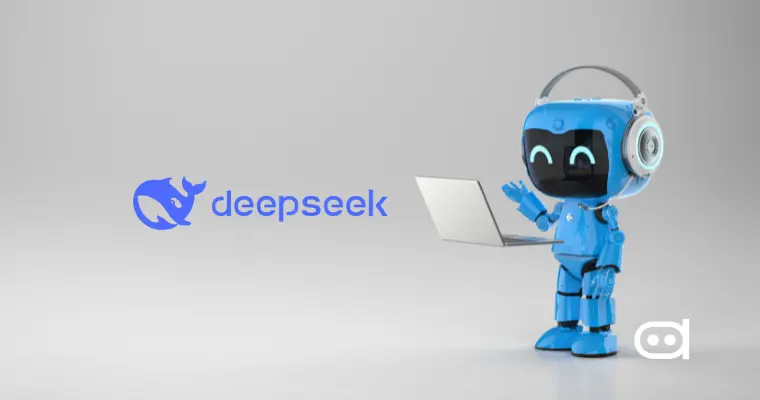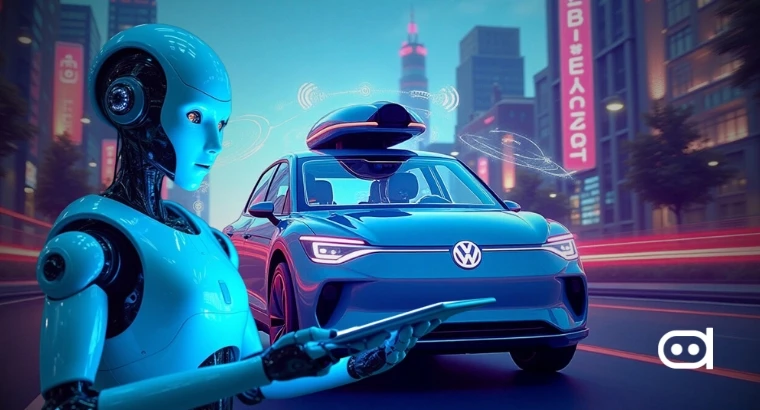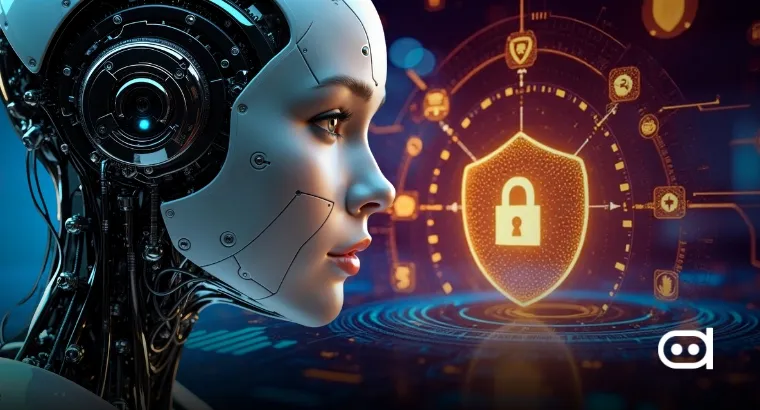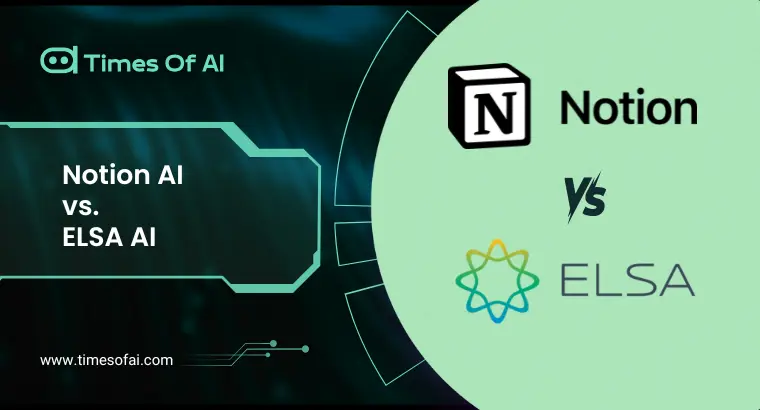
South Korea’s data protection regulator has raised concerns about Chinese AI startup DeepSeek, alleging that its chatbot may have transmitted user data to ByteDance, the parent company of TikTok. The Personal Information Protection Commission (PIPC) is investigating the matter, with officials confirming that communication between DeepSeek and ByteDance took place.
DeepSeek AI Accuses of Sharing Data
“We confirmed DeepSeek communicating with ByteDance,” said a PIPC official, according to a Yonhap News report. However, the extent of data exchange between the two companies remains unclear, and authorities have requested an explanation from DeepSeek regarding its data handling practices.
As a precautionary measure, the South Korean government has temporarily blocked new downloads of DeepSeek, citing concerns over the company’s data collection processes. The decision comes amid growing scrutiny of foreign AI firms operating in the country, particularly regarding how they manage user data.
DeepSeek, a generative AI company, has gained international attention for its advanced chatbot technology built on large language models (LLMs). Positioned as a competitor to industry leaders such as OpenAI, the company has expanded rapidly into global markets, including South Korea. However, its growth has been met with increasing concerns about data privacy and security.
This marks the first time that a regulator has publicly linked DeepSeek to potential data leaks involving a third party. The investigation into the company’s data-sharing practices is expected to shed light on how user information is being handled.
ByteDance, the Chinese technology company behind TikTok, has faced ongoing regulatory scrutiny worldwide over allegations of data privacy violations. Governments in multiple countries have raised concerns that the app could be used to share user data with the Chinese government, leading to bans and restrictions.
In 2020, India took the step of permanently banning TikTok and several other Chinese applications, citing national security risks and data sovereignty issues. Meanwhile, the United States has debated various measures to limit TikTok’s operations, including legislative efforts to force the company to divest its U.S. business.
Last month, Google and Apple removed TikTok from their app stores in the U.S. to comply with a 2024 law restricting the app’s presence in the country. However, on Monday, both companies reinstated TikTok following assurances from U.S. Attorney General Pam Bondi that enforcement of the ban would not be immediate.
Latest Articles
John Snow Labs To Discuss Healthcare Gen AI at HIMSS 2025





